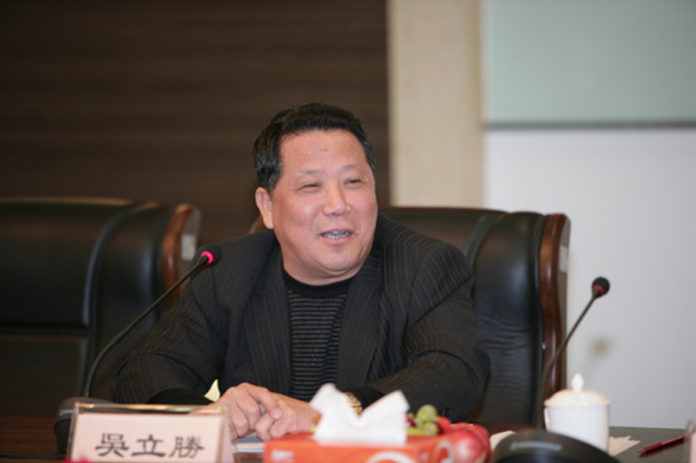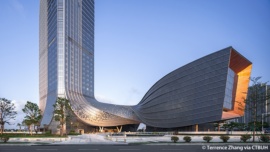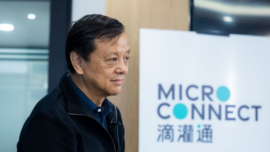U.S. prosecutors have been banned from using post-arrest statements made by local businessman Ng Lap Seng to the U.S. Federal Bureau of Investigation (FBI) for the trial of his alleged bribery, news agency Associated Press reported.
Mr. Ng’s lawyers argued on Wednesday that the businessman should not have been questioned by federal authorities after he had requested a lawyer following his arrest. The presiding judge considered the questioning as ‘improper’ and removed information of the questioning from the accusations.
According to the transcripts of the questionings, Mr. Ng said his main reason for travelling to the United Nations (UN) was to promote the development of a conference centre for the world organisation in Macau, and that he intended to build the largest exhibition centre in the world.
The businessman was charged in 2015 with bribing John Ashe, a former ambassador of Antigua and Barbuda to the United Nations General Assembly, with over US$500,000 (MOP4 million) to support a UN-backed conference centre in the MSAR, to be developed by Mr. Ng’s company, Sun Kian Ip Group.
One of the main arguments of the defence has been that the arrest of Ng by U.S. authorities was politically motivated, as the country was seeking to ‘slow the progress of Chinese influence over developing nations’ by blocking the construction of a convention centre that would serve ‘southern hemisphere nations.’
During the court session on April 26, the presiding judge refused Mr. Ng’s requests to remove the formal accusations against him, while demanding the businessman identify his accomplices and any alleged bribe payment until two weeks before a trial session on May 30.
Mr. Ng’s lawyers have also requested prohibiting the prosecution from referring to their client as ‘Boss Wu’ claiming the name implied to jurors that the businessman was part of a criminal organisation.
However, the presiding iudge has allowed the prosecution to continue using the term as long as an explanation is provided to the jurors that in Chinese culture ‘Boss’ is ‘a reference to a supervisor or someone with superior status entitled to deference.’
























